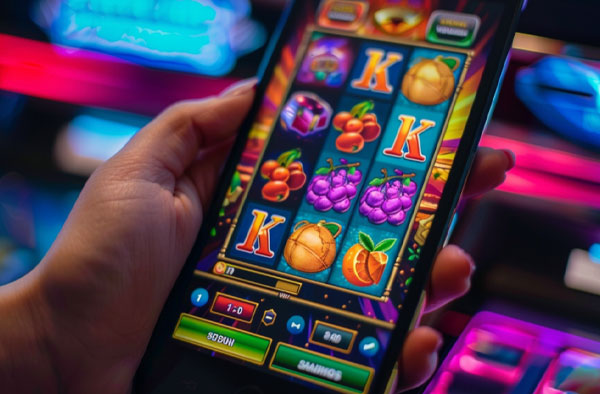
The Rise of Online Gaming: A Digital Revolution
Online gaming has evolved dramatically over the past few decades, transitioning from a niche hobby to a global phenomenon KOIN555 LOGIN. With the rapid growth of the internet, powerful gaming consoles, and smartphones, millions of players worldwide now connect in virtual worlds to engage in a variety of experiences, from competitive esports to immersive role-playing games (RPGs). This digital revolution has not only transformed how people play but also how they interact, socialize, and even make a living.
The Evolution of Online Games
The history of online gaming dates back to the early 1990s when players first began connecting over dial-up modems. The first multiplayer games, like Gauntlet and Doom, allowed people to share an experience across a local network, but it was the advent of broadband internet in the late 1990s and early 2000s that really changed the game. Services like AOL and Xbox Live made it possible for players to join massive online multiplayer games from all over the world, creating a new wave of social gaming.
The early 2000s saw the rise of iconic games like World of Warcraft (WoW), which revolutionized the MMORPG (Massively Multiplayer Online Role-Playing Game) genre. WoW allowed players to form guilds, complete quests, and explore expansive virtual worlds together. Other titles such as Counter-Strike and League of Legends helped establish the esports scene, leading to a competitive gaming culture that has only grown in popularity.
The Global Impact of Online Games
Today, the online gaming landscape is more diverse than ever. There are various genres catering to different types of players, from first-person shooters (FPS) and battle royale games like Fortnite and Call of Duty to multiplayer online battle arenas (MOBA) like Dota 2 and League of Legends. What’s more, the accessibility of these games has expanded, with titles available on PCs, gaming consoles, and mobile devices, allowing people to game anywhere and anytime.
This accessibility has transformed online gaming into a global community. Gamers from different continents can come together, bridging cultural and geographical gaps. It’s not uncommon to find players teaming up or competing with others from different countries, collaborating on challenges, or even making new friends. Online gaming has become an international social platform, with virtual spaces where people can interact, chat, and bond over shared experiences.
The Economic Impact
The economic side of online gaming has also flourished. What was once seen as a pastime is now a multi-billion-dollar industry, with some estimates placing the global gaming market at over $200 billion. The rise of streaming platforms such as Twitch and YouTube Gaming has provided gamers with the opportunity to monetize their skills and personalities. Influencers and streamers can earn money through sponsorships, advertisements, donations, and subscriptions, making gaming a viable career for some.
In addition to streaming, the rise of esports tournaments and professional leagues has further solidified gaming as a competitive sport. Events like The International (the World Championship for Dota 2) and League of Legends World Championship attract millions of viewers and feature multi-million-dollar prize pools, professional teams, and endorsements from major brands. With growing investments from major tech companies and traditional sports organizations, the esports industry is expected to continue its rapid growth.
The Psychological and Social Aspects of Online Gaming
While online gaming can be an immensely enjoyable experience, it has its critics. Concerns about addiction, negative impacts on mental health, and the potential for toxic behavior in gaming communities are frequently discussed. However, recent studies suggest that gaming, when done in moderation, can have positive effects, including improving cognitive abilities, problem-solving skills, and teamwork.
Moreover, online gaming offers a platform for socializing, especially for individuals who may feel isolated or find it difficult to connect in real life. The ability to interact with others in virtual spaces has created a sense of belonging for many players, leading to the formation of lasting friendships and even romantic relationships.